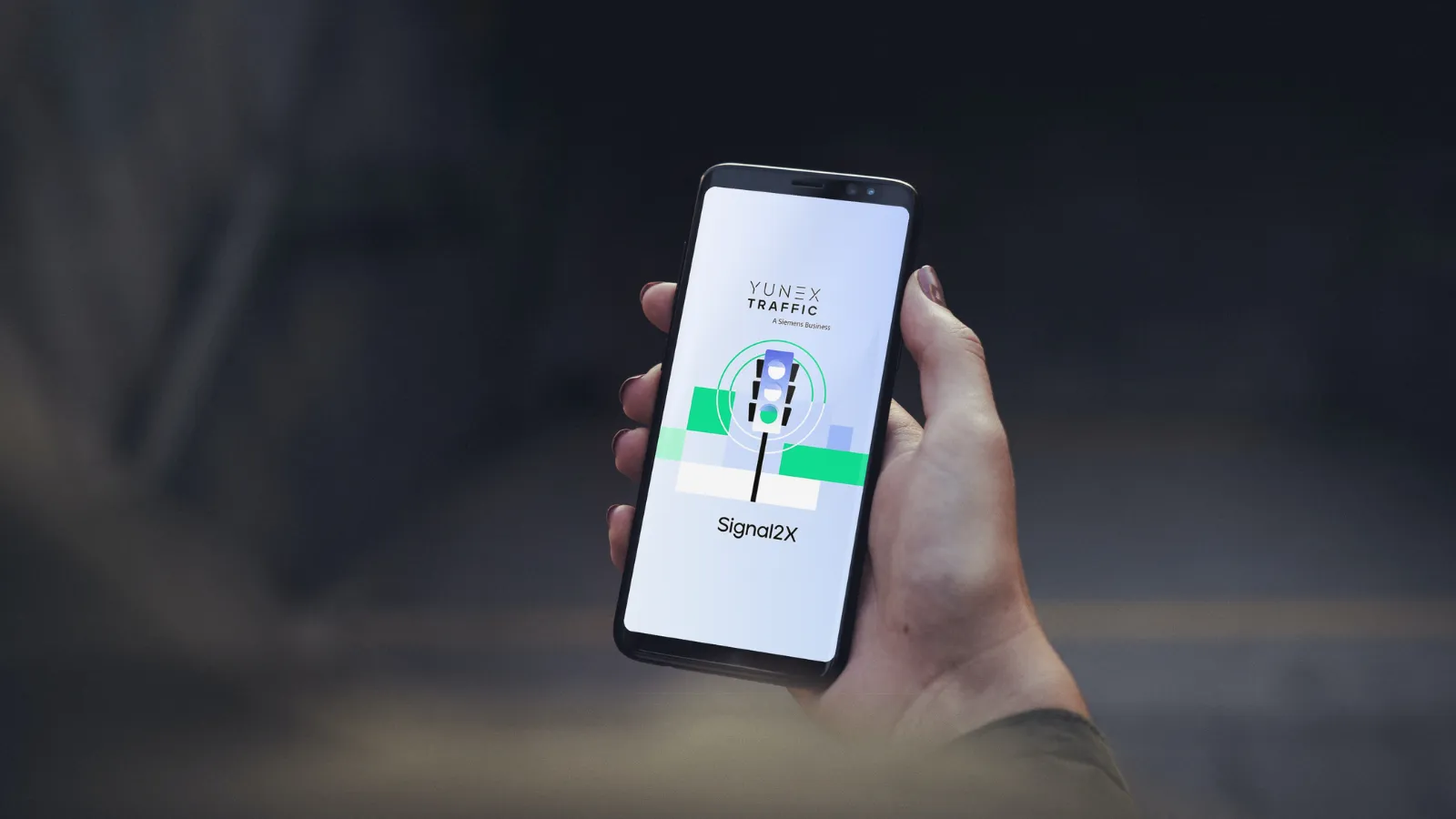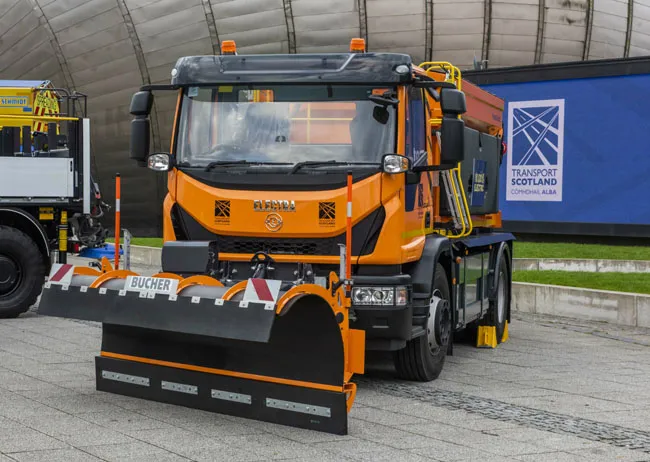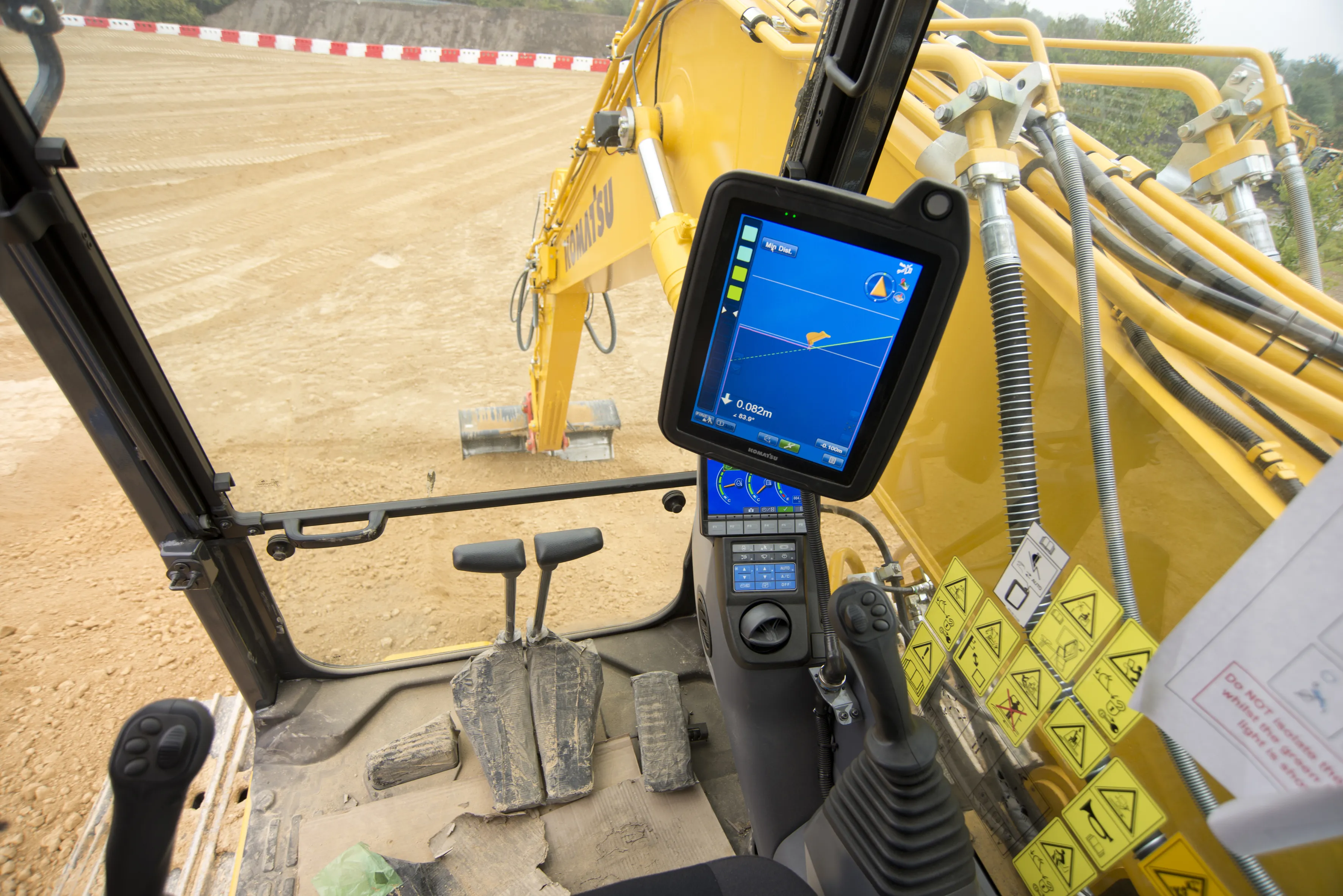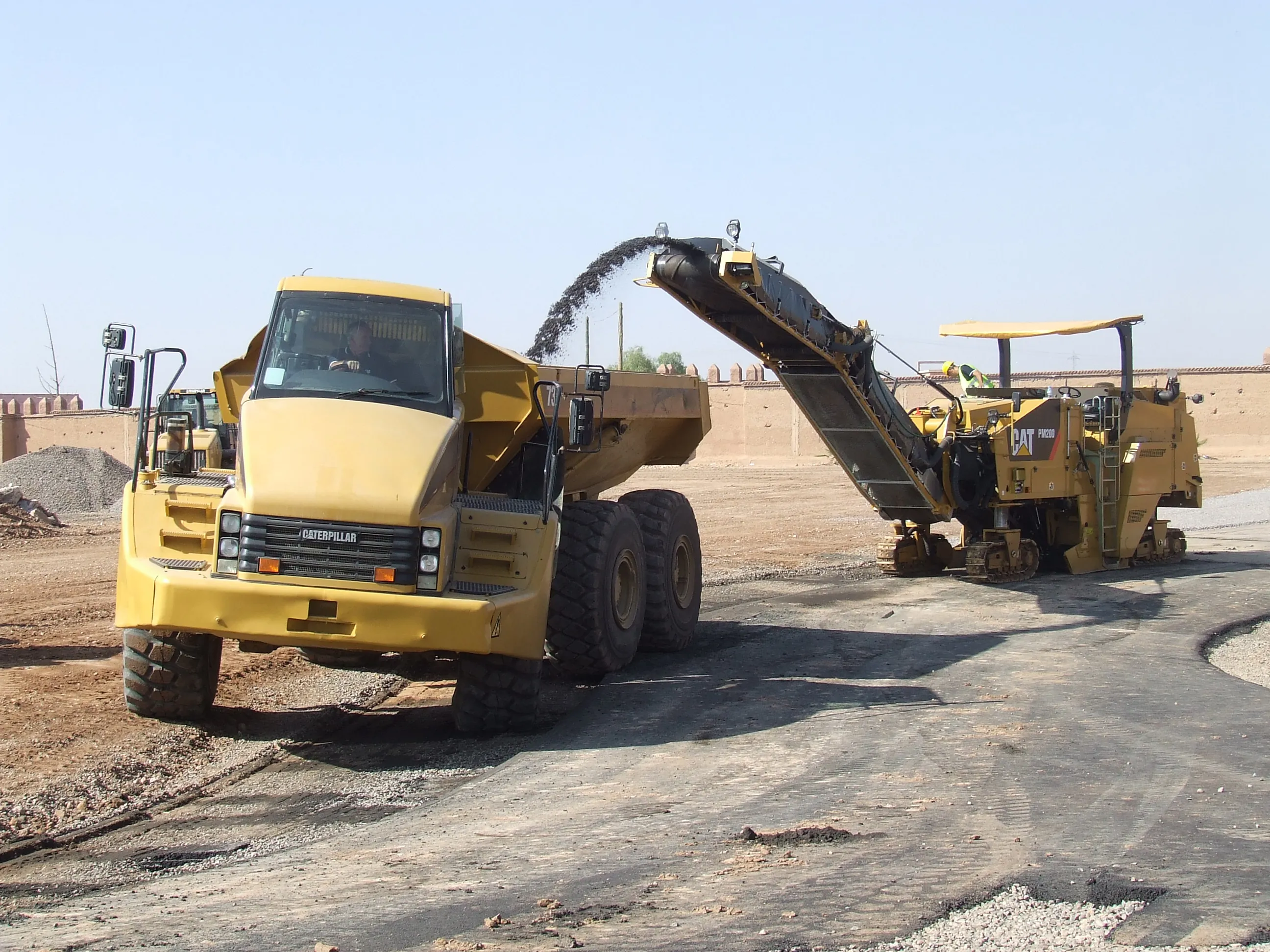The EU-funded 'Golden Ice' project has demonstrated a new EGNOS-guided system for safer, more economical and more ecologically responsible salt distribution on winter roads.
March 15, 2012
Read time: 2 mins
The 1116 European Union-funded 'Golden Ice' project has demonstrated a new EGNOS-guided system for safer, more economical and more ecologically responsible salt distribution on winter roads. At the demonstration event in Prague, participants watched as Golden Ice allowed operators at a control centre to track a salt spreading vehicle moving through city streets in real-time. The onboard device automatically engaged, adjusted and disengaged actual salt distribution, using a complex algorithm developed by project partners, and the vehicle driver demonstrated the use of the eCall emergency communication system.
According to Golden Ice technical coordinator Fabrizio Domeneci, "Our new onboard unit allows us to use GPS navigation signals, augmented by EGNOS and EDAS, to track our salt-spreading vehicles at all times and to control the amount of salt being applied in a very precise way, based on real weather conditions and specific road morphology.”
By using EGNOS to correct and augment existing GNSS signals, Golden Ice is able to command spreaders automatically, without the need for human intervention, to apply just the right amount of salt, no more and no less, to provide the maximum level of safety for winter drivers, even directing salt application to conform precisely to road morphology, as roads turn, narrow and widen.
Project partners say their most conservative estimates show the system will reduce salt consumption by at least 10 per cent, and some are convinced the figure will be much higher, as much as 40 per cent. And, they add, it is ready for the market. The system works and is ready to go.
The Golden Ice system also includes an integrated eCall function to communicate pinpointed accident data to municipal authorities and emergency response centres. This key safety function is activated in the event of an accident involving the spreader vehicle itself, but it also allows the driver to engage the eCall system manually, to signal other nearby emergency situations.
The Golden Ice consortium was coordinated by Italy's3921 SAET, coordinator of the project, which developed the new onboard unit. Other partners in the consortium include 3922 Arvel Industries, part of the Italian Giletta group, a manufacturer of salt spreaders and snow ploughs; 3923 Istituto Superiore Mario Boella, an R&D institution that provided expertise in GNSS technologies GPS and Galileo, while the insurance company 3924 Allianz provided help with the integrated eCall system. Finally, 3925 Hanes in the Czech Republic supplied the actual vehicle.
According to Golden Ice technical coordinator Fabrizio Domeneci, "Our new onboard unit allows us to use GPS navigation signals, augmented by EGNOS and EDAS, to track our salt-spreading vehicles at all times and to control the amount of salt being applied in a very precise way, based on real weather conditions and specific road morphology.”
By using EGNOS to correct and augment existing GNSS signals, Golden Ice is able to command spreaders automatically, without the need for human intervention, to apply just the right amount of salt, no more and no less, to provide the maximum level of safety for winter drivers, even directing salt application to conform precisely to road morphology, as roads turn, narrow and widen.
Project partners say their most conservative estimates show the system will reduce salt consumption by at least 10 per cent, and some are convinced the figure will be much higher, as much as 40 per cent. And, they add, it is ready for the market. The system works and is ready to go.
The Golden Ice system also includes an integrated eCall function to communicate pinpointed accident data to municipal authorities and emergency response centres. This key safety function is activated in the event of an accident involving the spreader vehicle itself, but it also allows the driver to engage the eCall system manually, to signal other nearby emergency situations.
The Golden Ice consortium was coordinated by Italy's









